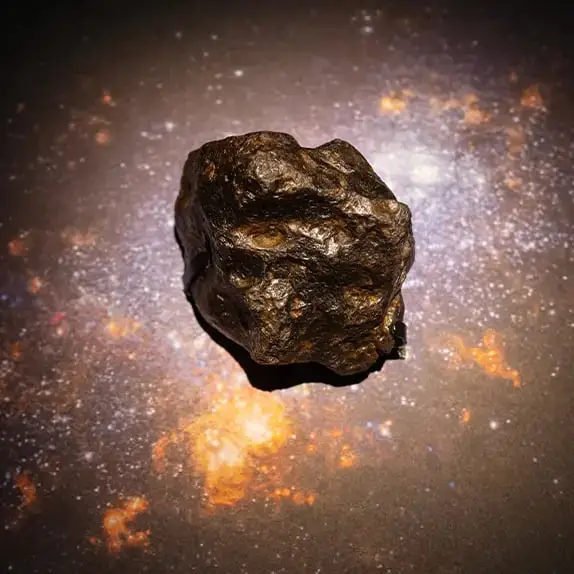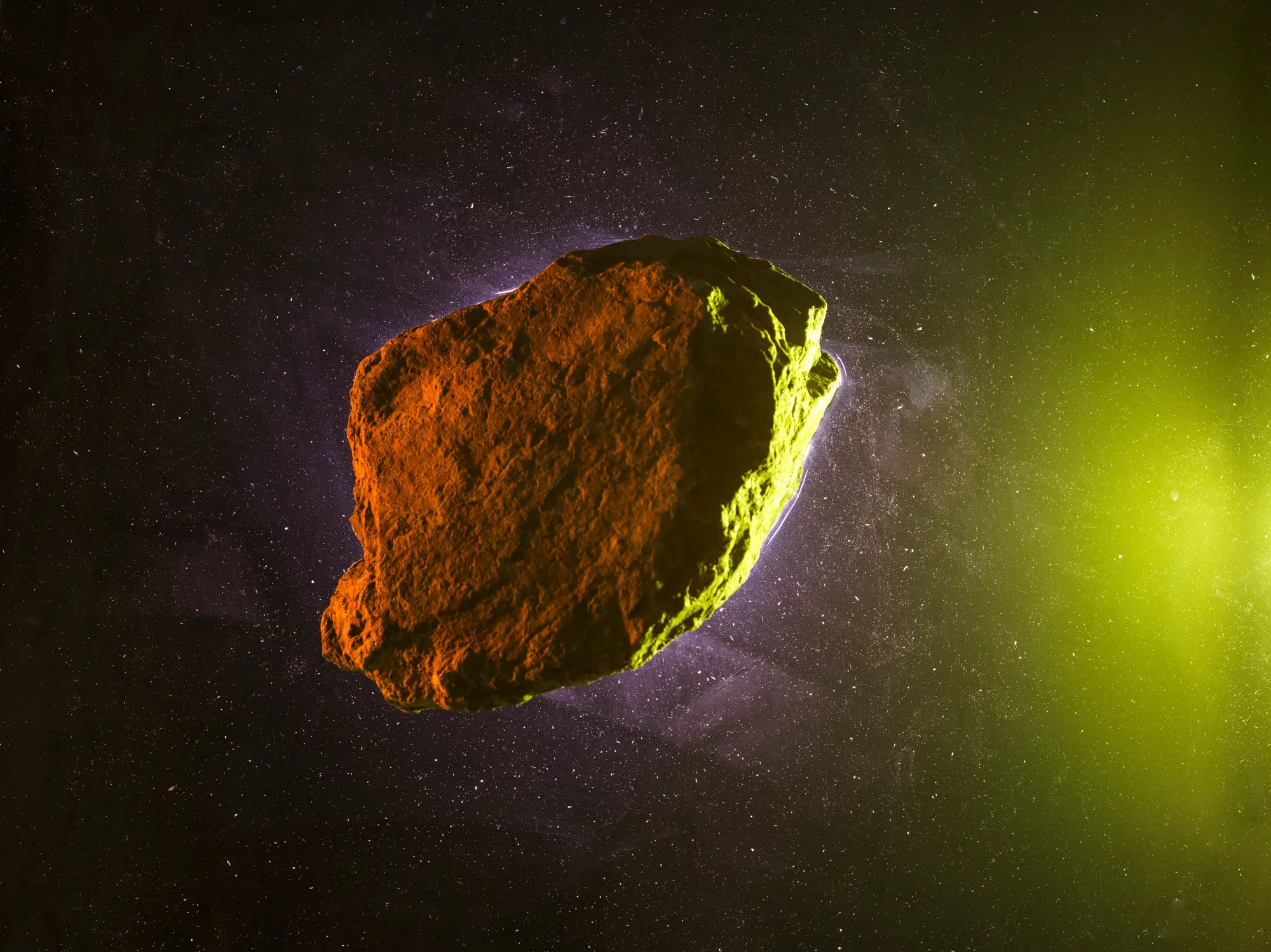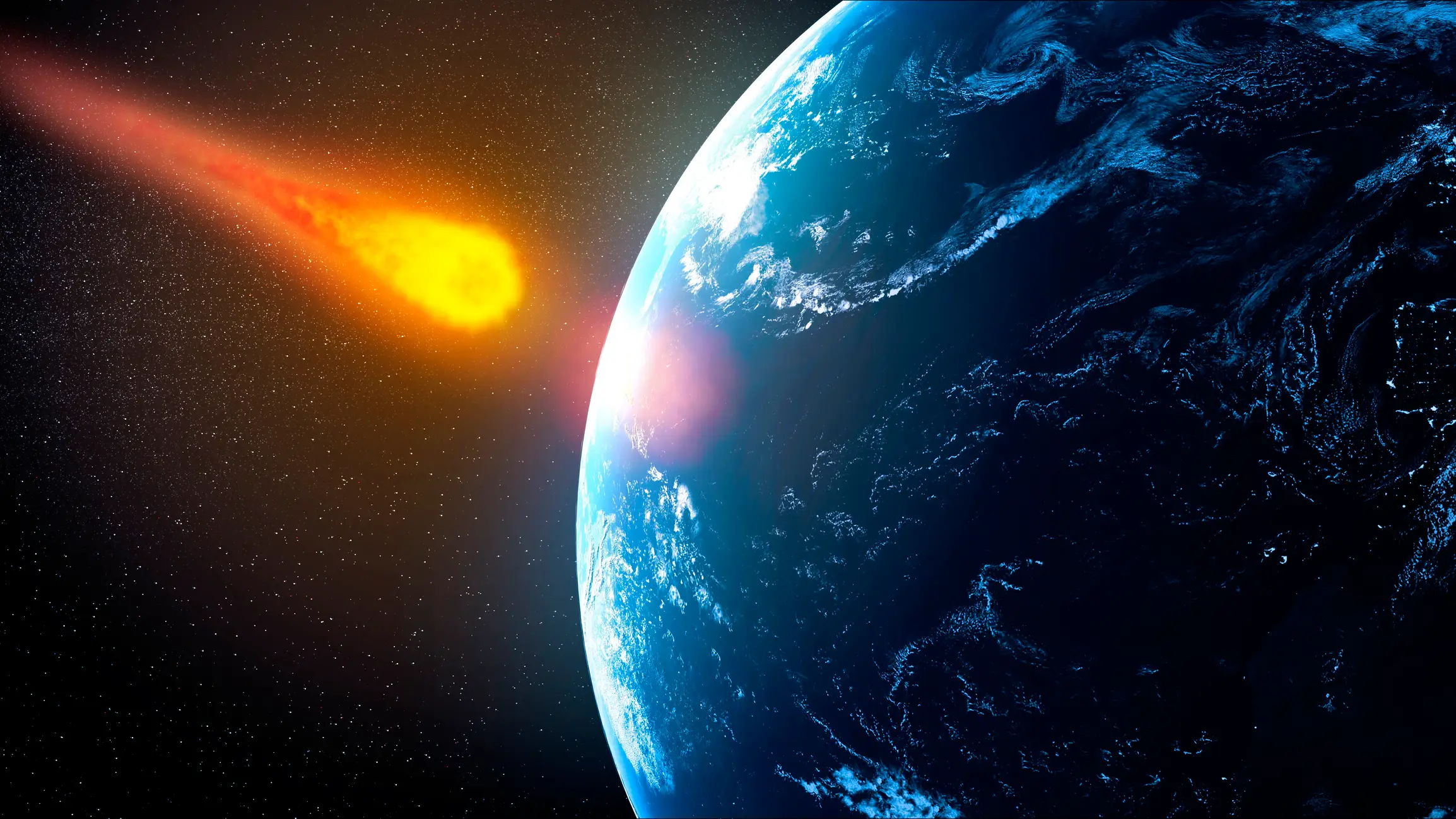
An asteroid exploded over Siberia earlier this week and space agencies only got seven hours of warning before it hit.
Asteroid hunter Dr. Franck Marchis warned that the world had a close call with disaster and had things been a little different, we may not have been so lucky.
Measuring only 70 cm across, the asteroid burned up harmlessly in the atmosphere before impact.
"If it had been slightly bigger, that would been a very different story," Dr. Marchis, senior astronomer at the SETI Institute, told MailOnline.
Advert
The incident has highlighted the current gaps in Earth's planetary defences.
Specifically, space agencies lack sufficient resources to monitor all potential threats.
"Asteroids can come at any moment towards Earth," Dr. Marchis said.

"Having eyes on the sky everywhere in the world allows us to track them."
NASA and the European Space Agency (ESA) are currently tracking over 36,000 near-Earth objects - and more than 2,400 are considered 'potentially hazardous.'
But most of these telescopes are concentrated in specific regions, leaving large blind spots unmonitored.
"There are multiple stations around the world, professional telescopes, that detect and characterise objects but most of them are located in the same area," the astronomer added.
"If an asteroid is coming to us from over Japan or Russia there is nobody looking in this direction, so we still have what we call dark zones."
Even smaller asteroids have the potential to do some serious damage. So scientists need years of warning to put in protective measures for our home planet.
As a way of solving this, Dr. Marchis started a company called Unistellar in 2015.
Instead of relying only on large professional telescopes, Unistellar develops 'smart telescopes' that the public can use to keep an eye on the sky.

These telescopes cover the blind spots and automatically track objects in space, sending their data to a larger network of civilian observers.
It's a pretty sound idea that allows anyone and everyone to pitch in for the safety of Earth.
When NASA or the ESA spots a potential threat, they notify a database called the Minor Planets Centre.
"Amateur astronomers including those in our network get this notification and use our telescopes to refine the observation," continued Marchis.
"It's by combining all those eyes together that refines the predicted orbit of the asteroid and confirms whether it is an asteroid rather than a piece of rocket."
Dr. Marchis hopes to grow the civilian observer network to developing areas that don’t have a lot of telescope coverage.
"If people like astronomy or if they want to do something more meaningful in their life they should really look at what we do in citizen science," he said.
"This is a movement which is going to change the way we progress as a civilisation and Unistellar is proof that every human can make remarkable discoveries that will one day change humanity."